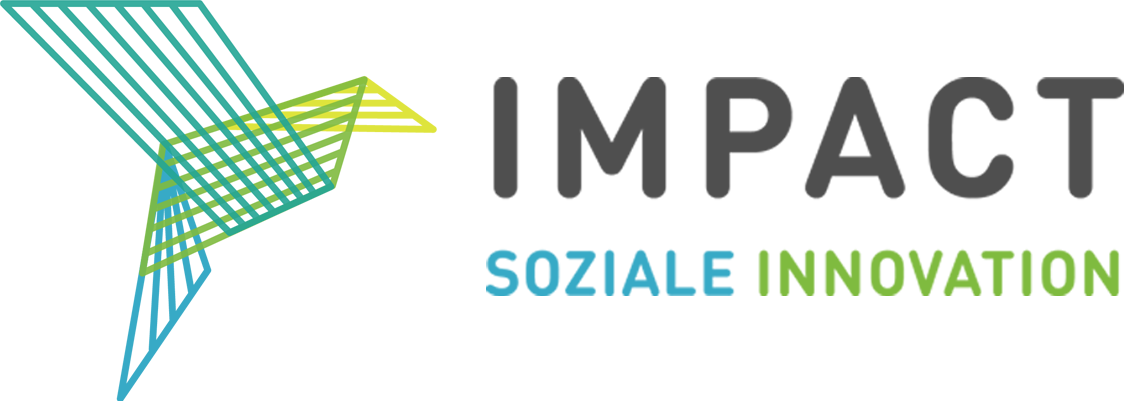Please find excerpts from the Call for Papers from the below. For more information, please visit the conference website: http://symposium.uoc.edu/40402/detail/7th-international-workshop-on-sharing-economy-barcelona-2020.html
The sharing economy is arguably coming of age. As well as becoming an increasingly consolidated phenomenon in itself, research on the topic also represents an increasingly consolidated knowledge base. This ever-dynamic field, however, is still faced with a number of conceptual, methodological and empirical challenges that are increasingly complex and are perpetually shifting.
In this spirit, we are pleased to launch this call for papers for the seventh International Workshop on the Sharing Economy (IWSE), organised by the Faculty of Economics and Business of the Open University of Catalonia (UOC). Indeed, the lifecycle of the IWSE event is in itself a testament to this increasingly consolidated research trajectory on the Sharing Economy, following successful editions in Utrecht (2015; 2019), Paris (2016), Southampton (2016), Lund (2017) and Mannheim (2018). The city of Barcelona represents an ideal backdrop for this seventh edition of the IWSE, providing an interesting local context for reflecting upon recent developments in sharing economy research as the platform era enters the 2020s. As well as being a major hub for a wide range of platform-based initiatives and collaborative consumption experiences in recent years, Barcelona also has a long and lively tradition of cooperativism; a movement which is arguably still strong in the city.
Theoretical, empirical and policy contributions focused on different actors,agents and scales of analysis are welcome. Multidisciplinary, longitudinal, comparative and multi / mixed method approaches are particularly encouraged.


